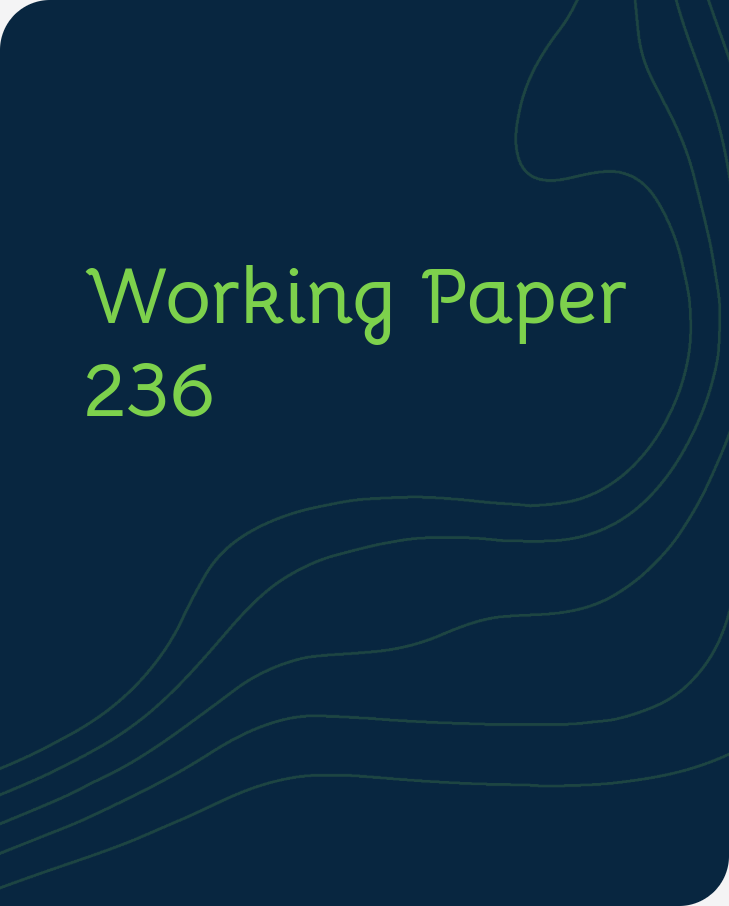Publication
Transition Report
Reform progress and transition indicators
Who we are
Overview: about the EBRDWho we are
Overview: about the EBRD
Learn about the EBRD's journey to investing more than €210 billion in over 7,500 projects.
What we do
Overview: how the EBRD operatesWhat we do
Overview: how the EBRD operates
Through projects, business services and involvement in high-level policy reform, we're doing more than ever before.
Work with us
Overview: how you can work with the EBRDWork with us
Overview: how you can work with the EBRD
We draw on three decades of regional knowledge and financial expertise to tailor our products and approaches to each client's needs.
November, 2019

By Nicolas Ajzenman, Cevat Giray Aksoy, Sergei Guriev
We study the impact of the recent migration crisis on entrepreneurship in transit countries using a unique locality-level panel from the 2010 and 2016 rounds of the Life in Transition Survey for 18 European countries. To capture the exogenous variation in exposure to transit migration, we construct an instrument that exploits the distance of each locality to the optimal routes that minimise travelling time between the main origin and destination countries. We find that the entrepreneurial activity of natives falls considerably in localities that are more exposed to mass migration, compared to those located further away. We rule out mechanisms related to the outmigration of the local population and changes in local labour market conditions. Instead, our analysis suggests that increases in risk aversion and perceived political instability, accompanied by a decrease in governmental trust are the main mechanisms explaining the fall in entrepreneurial activity. Consistent with these results, we also document an increase in the anti-migrant sentiment while attitudes towards other population groups remained unchanged.
For media enquiries related to this working paper, please contact Ksenia Yakustidi, Media Adviser at the EBRD’s Office of the Chief Economist
YakustiK@ebrd.com
All Working Papers
The Working Paper series seeks to stimulate debate on transition in the EBRD regions.
